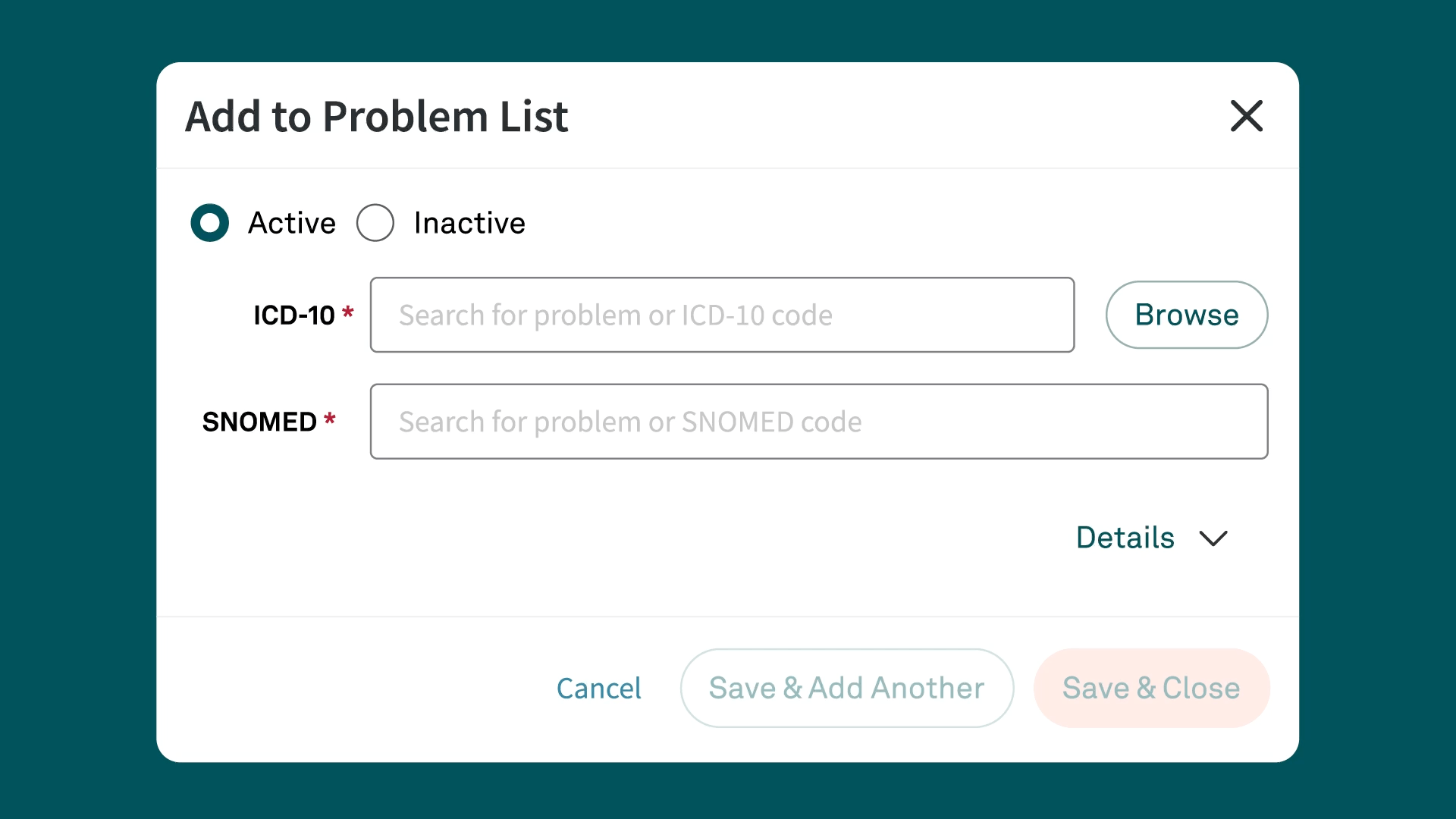ICD-10 Code F43.10
Post-traumatic stress disorder, unspecified
What is the code F43.10?
F43.10 is a billable/specific ICD-10-CM code for "post-traumatic stress disorder, unspecified." This code falls under the chapter of Mental, Behavioral, and Neurodevelopmental Disorders (F01–F99) and, more specifically, under category F43, Reaction to severe stress and adjustment disorders. It is used in clinical settings to document a diagnosis of PTSD when the specific understanding is not designated.
Detailed description of F43.10
F43.10 covers cases where an individual exhibits symptoms of PTSD without further specification regarding the onset. It includes cases where the traumatic event leads to lasting psychological distress but does not specify the onset of PTSD as acute or chronic,
Symptoms commonly associated with F43.10
Symptoms of PTSD can vary widely but generally include:
- Re-experiencing the trauma through flashbacks or nightmares
- Avoidance of situations that remind one of the traumatic event
- Negative changes in beliefs and feelings
- Hyperarousal, which might manifest as being overly vigilant or easily startled
- Emotional numbness or feeling detached from others
- Difficulty concentrating and sleeping disturbances
Related and similar ICD-10-CM codes
Other related ICD-10 codes include:
- F43.11 (Post-traumatic stress disorder, acute): For symptoms that last less than 3 months.
- F43.12 (Post-traumatic stress disorder, chronic): For symptoms that last more than 3 months.
Appropriate usage of F43.10 for billing
F43.10 should be used for billing and diagnostic purposes when a provider lists that a patient presents with symptoms of PTSD in the assessment portion of their note, but the clinical documentation does not specify the acuity based on duration or onset of symptoms. F43.10 may also be assigned in cases where the provider has documented the diagnosis as "traumatic neurosis.”
When coding with F43.10, thorough documentation of the trauma and its psychological impact is beneficial but not required for physician reporting. Clinicians should note all symptoms affecting the patient and ensure these are consistent with a PTSD diagnosis even if the onset timing or specific features are not detailed.
Instructional guidelines for physicians/providers coding F43.10
In the outpatient setting, mental health disorders such as F43.10 are not coded unless there is documentation that these conditions affected patient care or management requiring monitoring, evaluation or treatment during the current visit.
Common pitfalls in coding with F43.10
- Incorrectly coding for F43.10 when more specific information regarding whether the PTSD is acute or chronic is available.
- Failing to document all relevant symptoms and their impact on the patient's daily functioning, which can affect treatment plans.
Key resources for F43.10 coding
- CMS ICD-10 Homepage: Provides guidelines and updates on ICD-10-CM coding.
- WHO ICD-10 Online Browser: Useful for confirming details and criteria for mental health codes, including PTSD.
Conclusion
The ICD-10-CM code F43.10 is used for properly documenting cases of post-traumatic stress disorder when specific information regarding whether the condition is acute or chronic is not identified. Accurate use of this code ensures that patients receive appropriate mental health services tailored to their symptoms, promoting better outcomes in their psychological care and management.
Simplify ICD-10 code documentation with Tebra
Tebra’s EHR+ gives you quick searches and Systematized Nomenclature of Medicine (SNOMED) field names for efficient code documentation. Plus, Tebra automatically saves ICD-10 to SNOMED mapping for future searches, streamlining your workflow.

Discover how Tebra helps providers effortlessly document health-related issues and conditions in this detailed post.
Similar Codes
Stay Ahead with Expert Healthcare & Billing Insights
Get the latest industry updates, financial tips, and expert strategies — delivered straight to your inbox.
